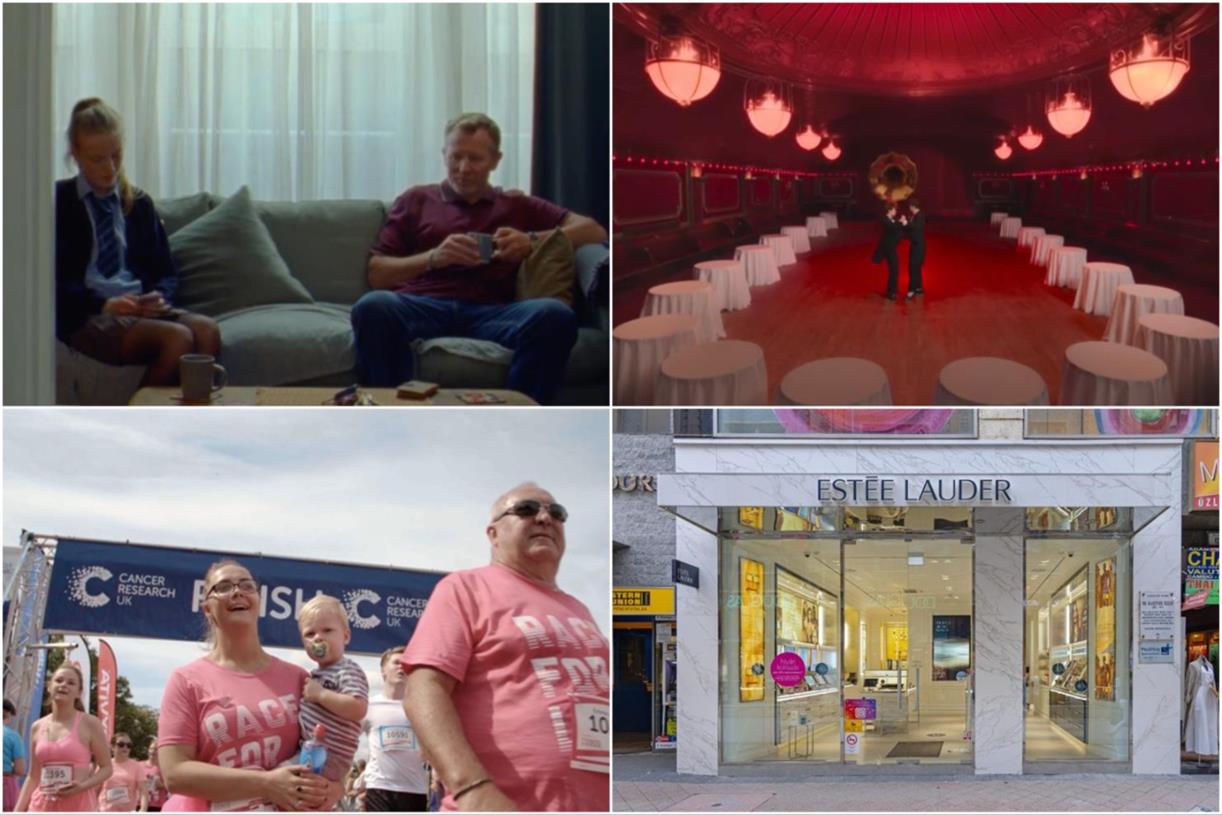British Airways frequent flyers react to controversial Executive Club changes
Plane Talk: ’Spend, spend, spend’ is the message from BA to passengers who crave elite status with the airline

Your support helps us to tell the story
From reproductive rights to climate change to Big Tech, The Independent is on the ground when the story is developing. Whether it's investigating the financials of Elon Musk's pro-Trump PAC or producing our latest documentary, 'The A Word', which shines a light on the American women fighting for reproductive rights, we know how important it is to parse out the facts from the messaging.
At such a critical moment in US history, we need reporters on the ground. Your donation allows us to keep sending journalists to speak to both sides of the story.
The Independent is trusted by Americans across the entire political spectrum. And unlike many other quality news outlets, we choose not to lock Americans out of our reporting and analysis with paywalls. We believe quality journalism should be available to everyone, paid for by those who can afford it.
Your support makes all the difference.
“British Airways, you clearly don’t care about the ordinary travellers.” So says C R A Scott, one of dozens of people who responded on social media to my article about the impending changes to the BA frequent flyer programme. A large majority of comments are scathing about the carrier’s move.
“Another screwed-up idea from our ex-favourite airline,” writes HK of Guildford. “Already losing former loyal frequent flyers who choose to go elsewhere.”
Neil Orpen notes the changes come into effect on 1 April, and wonders: “Has anyone checked whether this was just an April fool released early? I find no other sensible explanation.” And Nic says BA has “lost the plot with this announcement”. adding: “A guaranteed way to lose loyalty from your customers!”
A brief refresher: British Airways launched its Executive Club in 1982. Since then it has been through many iterations. Currently, there are five tiers: Blue, Bronze, Silver, Gold and Gold Guest List.
Blue is entry level, and means you get wifi messaging on board and the ability to earn Avios points. Bronze is a little better: seat selection from a week ahead of travel, preferential check-in and priority boarding. The giant leap is to Silver, whereupon you can access Club lounges, make a free choice of seats at the time of booking and be gifted extra baggage.
Silver, I contend, would suffice for most of us. But Gold and Gold Guest List bestow access to the highest echelons of lounges, such as the Concorde Room at Heathrow Terminal 5, and allow the member to select the front row window seats in first class: 1A and 1F.
The 2025 refresh will see the BA Executive Club renamed The British Airways Club. The perks will remain the same, and passengers will continue to acquire them by use of a currency known as tier points (distinct from the frequent flyer currency, Avios).
But the way passengers acquire those precious tier points will change significantly. At present, tier points are earned according to the number of miles flown (though those of us who go for cheaper economy tickets find our stake reduced by up to 75 per cent). But distance does not correlate with price. A fully flexible BA Club World return from London to New York JFK is £11,990. Sydney is three times further, but about £700 cheaper.
Canny frequent flyers can take advantage of such anomalies and acquire status without spending a fortune. But British Airways is now aligning status with spend – at a rate of one tier point per £1.
Under the new scheme, passengers will need to spend £7,500 (not counting air passenger duty and other fees) to acquire Silver status. Art McFall calculates: “That’s four to five times the current cost.”
Paul Wood chimes in: “Apparently, we all wanted this. No more status for leisure travellers.” Au contraire, BA would say: now that spend on British Airways Holidays – a large part of which is likely to be for a hotel room – counts towards that £7,500, some leisure travellers will find it easier to access elite status.
Someone using the handle Joe Public says: “It should depend on how much you spend. Is it fair those paying at least three times as much to fly during school holidays compared to other times should get rewarded far less than someone doing shorter flights when it’s cheapest, and overall spending far less?”
I speak as a former Silver member – a status achieved in the olden days when you could buy your way in for £125 a year. Long since downgraded to Bronze, and in some danger of losing even that status, I recognise that I am not exactly a substantial contributor to BA’s impressive profits: just an ordinary traveller, of the kind that Mr Scott referred to.
In my experience, British Airways does care about ordinary travellers – but cares a whole lot more about passengers whose fares are measured in thousands, not hundreds, of pounds.
I will continue to follow expert publications such as Head for Points, which has introduced me to many valuable benefits and wheezes. But above all, as another year begins, I will celebrate the ferocious competition that UK airline passengers enjoy – a status denied to most of the world.

 Lynk
Lynk 
































